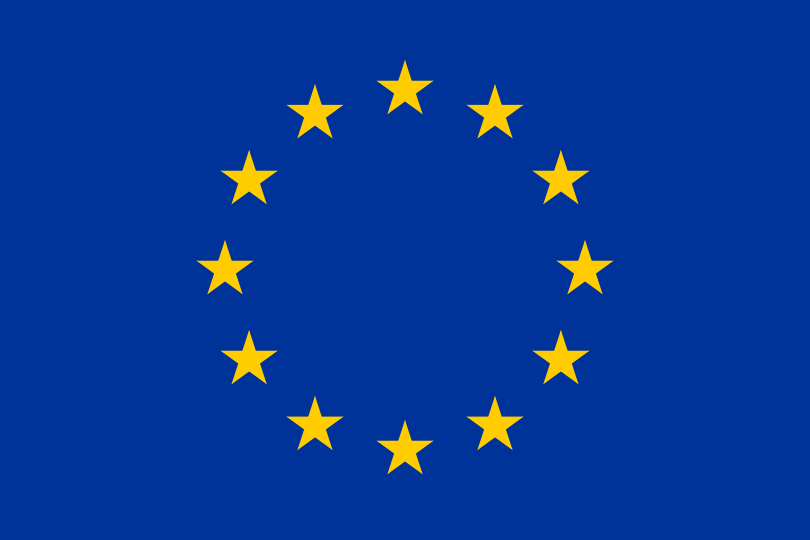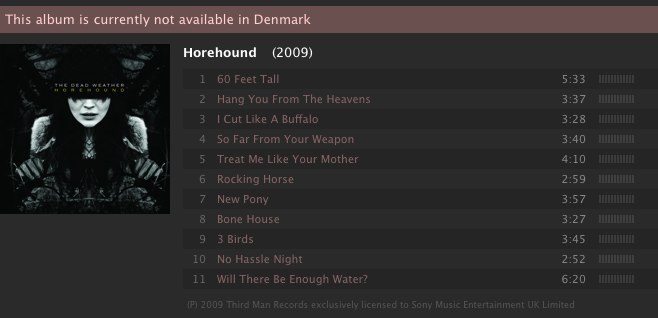European Union will remove the digital barriers at the e-commerce of music

The European Commission is making a “Digital Single Market” a priority in the European Union. The commission wants to remove barriers that separate the EU, such as geo blocking and complicated VAT taxes. Andrus Ansip, European Commission Digital Single Market VP, says: “Let us do away with all those fences and walls that block us online. People must be able to freely go across borders online just as they do offline.” The Commission will move forward by focusing on three areas: access to digital goods and services, allowing digital networks to flourish, and creating a digital economy with long-term growth potential.
They’ve issued a release that details their plans. The next step will be the release of a comprehensive strategy in May.
quotation-marks

1. Better access for consumers and businesses to digital goods and services
Facilitating cross-border e-commerce, especially for SMEs, with harmonised consumer and contract rules and with more efficient and affordable parcel delivery. Today only 15% of consumers shop online from another EU country – which is not surprising, if the delivery charge ends up higher than the actual price of the product (see Factsheet for more figures).
Tackling ge
o-blocking: too many Europeans cannot use online services that are available in other EU countries, often without any justification; or they are re-routed to a local store with different prices. Such discrimination cannot exist in a Single Market.
Modernising copyright law to
ensure the right balance between the interests of creators and those of users or consumers. It will improve people’s access to culture – and therefore support cultural diversity – while opening new opportunities for artists and content creators and ensuring a better enforcement of rights.
Simplifying VAT arrangements is important to boost the cross-border activities of businesses, especially SMEs. The cost and complexity of having to deal with foreign tax rules are a major problem for SMEs. The VAT-related costs due to different requirements are estimated at EUR 80 billion.
2. Shaping the environment for digital networks and services to flourish
All digital services, applications and content depend on high-speed internet and secure networks: the lifeblood of new, innovative digital services. To encourage investment in infrastructure, the Commission will therefore review the current telecoms and media rules to make them fit for new challenges, in particular relating to consumer uses (for example the increasing number of voice calls made over the internet) and new players in the field.
Spectrum is the air the internet breathes. Improving coordination among Member States is essential. Europe has witnessed significant delays in the roll-out of the latest 4G technology, as suitable spectrum was not available. Spectrum does not stop at national borders: a European approach to its management is needed to promote a genuine single market with pan-European services.
The Commission will look into the growing importance of online platforms (search engines, social media, app stores, etc.) for a thriving internet-enabled economy. This includes looking at how to strengthen trust in online services through more transparency, how to include them in the online value chain, and to facilitate the swift removal of illegal content.
Today, 72% of internet users in Europe are concerned about using online services because they worry that they have to reveal too much personal data online. The swift adoption of the Data Protection Regulation is key to boosting trust.
3. Creating a European Digital Economy and Society with long-term growth potential
Industry is a key pillar of the European economy – the EU manufacturing sector accounts for 2 million companies and 33 million jobs. The Commission wants to help all industrial sectors integrate new technologies and manage the transition to a smart industrial system (“Industry 4.0″).
Standards: ensuring interoperability for new technologies are essential for Europe’s competitiveness, they must be developed faster.
The Commission also wants industry and society to make the most of out of the data economy. Large amounts of data are produced every second, created by persons or generated by machines, such as sensors gathering climate information, satellite imagery, digital pictures and videos, purchase transaction records, or GPS signals. Big data is a goldmine, but it also raises important challenges, from ownership to data protection to standards. These need to be addressed to unlock its potential.
The same goes for cloud computing, the use of which is rapidly growing: the proportion of digital data stored in the cloud is projected to rise from 20% in 2013 to 40% in 2020. While shared networks and resources can boost our economy, they also need the right framework to flourish and be used by more people, companies, organisations and public services across Europe.
Europeans should also be able to fully benefit from interoperable e-services, from e-government to e-health, and develop their digital skills to seize the opportunities of the internet and boost their chances of getting a job.
Source: Digital Music News
Image Source: Digital Music News


